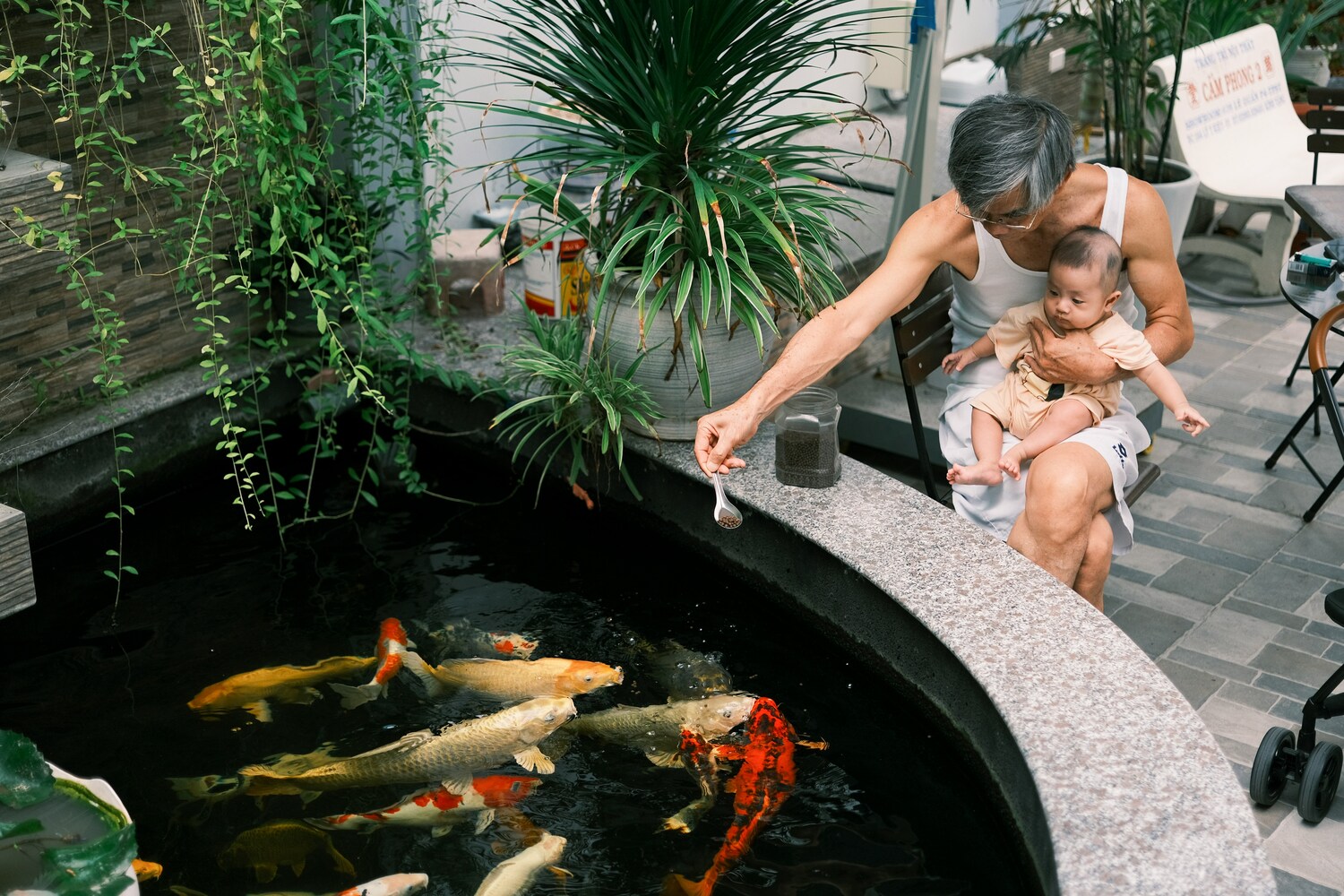Being a grandparent is often portrayed as a blissful chapter of life—filled with adorable visits, spoiled grandchildren, and endless affection. While there’s no denying the joy that grandchildren bring, the reality is far more complex. Many grandparents experience challenges and emotions they never expected, but these feelings are rarely discussed openly.
From navigating strained family dynamics to dealing with financial pressures, being a grandparent isn’t always the simple, carefree role society romanticizes. The truth is, there are aspects of grandparenting that people often avoid talking about, either out of guilt or fear of being judged.
Here are 7 things no one wants to say about being a grandparent, but that deserve to be acknowledged.
7 Things No One Wants to Say About Being a Grandparent
1. It Can Be Financially Straining
Many grandparents are shocked by how much they end up spending on their grandchildren. From birthday gifts to unexpected childcare expenses, the costs can add up quickly, especially for retirees living on fixed incomes. Some grandparents even feel pressured to contribute financially to their children’s households, whether it’s helping with school tuition or covering emergencies.
While generosity is often given with love, the financial strain can lead to resentment or stress. Grandparents may hesitate to set boundaries because they don’t want to appear uncaring, but overextending financially can jeopardize their own retirement security.
2. Boundaries with Adult Children Are Tricky
Parenting your children is one thing; navigating your role as a grandparent is another. Many grandparents struggle with finding the balance between being helpful and overstepping. Whether it’s unsolicited advice or differences in parenting styles, conflicts with adult children can arise more often than expected.
Some grandparents bite their tongues to avoid tension, while others become frustrated when their wisdom or experience is dismissed. The reality is that being a grandparent requires walking a fine line—supporting your children while respecting their boundaries.
3. It’s More Exhausting Than People Admit
Playing with grandchildren or babysitting for a weekend can be physically exhausting, especially for grandparents dealing with age-related challenges like joint pain or reduced energy. Younger families often underestimate the toll it takes, assuming that grandparents are eager and able to help at all times.
While most grandparents love spending time with their grandkids, the unspoken truth is that it can sometimes feel like a full-time job without the luxury of rest afterward. Many grandparents feel guilty admitting they’re tired or overwhelmed because they don’t want to seem ungrateful.
4. Not All Grandparent Relationships Are Equal
One of the hardest truths to acknowledge is that relationships with grandchildren aren’t always equal or even easy. Distance, family dynamics, and personality differences can all impact how close a grandparent feels to each grandchild.
Some grandparents live far away and see their grandchildren only a few times a year, which can create feelings of disconnection or sadness. Others find that one set of grandparents is favored over another due to proximity or family politics, which can be emotionally painful.

5. Grandparents Often Feel Taken for Granted
It’s common for grandparents to feel like their contributions go unnoticed or unappreciated. Whether it’s constant babysitting, cooking holiday meals, or financial help, many grandparents feel they give a lot but don’t always receive recognition or gratitude in return.
This lack of acknowledgment can lead to resentment, but it’s often left unsaid because grandparents fear damaging family relationships. Many quietly accept being the “reliable safety net,” even when they’re emotionally or physically stretched thin.
6. Letting Go of Control Is Hard
Grandparents often struggle with the fact that they’re no longer in control of the next generation’s upbringing. Watching their adult children make parenting decisions they don’t agree with, whether it’s about discipline, education, or screen time, can be frustrating.
It’s not easy to stay silent when you feel you know better, but interfering can cause rifts. Learning to accept that parenting styles have changed (and that times are different) is one of the biggest emotional hurdles of being a grandparent.
7. There’s a Sense of Loneliness That No One Talks About
While grandchildren bring joy, they don’t necessarily fill the emotional gaps that come with aging or retirement. Many grandparents feel lonely, especially if their adult children are busy or live far away. Visits with grandchildren can be brief and sporadic, leaving some feeling forgotten or sidelined in their later years.
This loneliness is rarely talked about because it’s often overshadowed by the narrative of joy that grandparenting is supposed to bring. However, acknowledging this reality is important to ensure grandparents receive the emotional support they need.
How Families Can Support Grandparents
Understanding these unspoken truths can help families strengthen relationships with grandparents. A few simple actions can make a big difference:
- Recognize and appreciate the support grandparents provide.
- Respect their boundaries and physical limitations.
- Include them in family decisions or celebrations, even if they live far away.
- Encourage open conversations about feelings and needs.
Grandparents deserve the same level of care and respect they give to others. Family members should remember that they, too, need time, rest, and appreciation.
Are Grandparents Being Honest About Their Experience?
Being a grandparent is a mix of love, joy, and hidden challenges. By acknowledging the unspoken struggles, families can create stronger, more supportive connections across generations.
What do you think—are these truths about grandparenting openly discussed in your family, or do they remain unspoken?
Read More:
Why Some Grandparents Are Being Sued by Their Own Families
12 Ways Grandparents’ Wallets Get Thinner When Grandkids Start College
Read the full article here
















